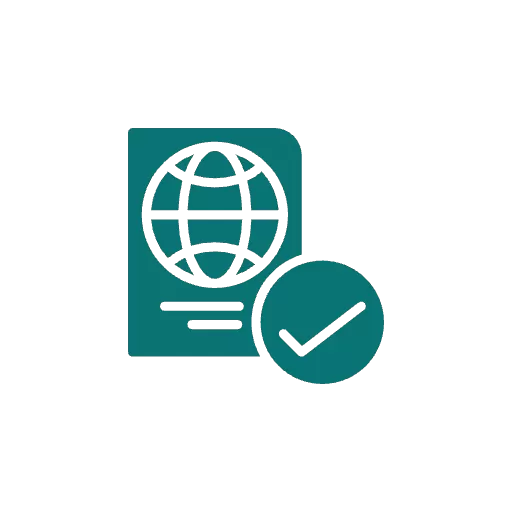
Germany’s Tougher Border Control Plans Draw Criticism from Austria and Luxembourg
Germany’s Border Control Plans Face Backlash from Luxembourg, Gain Support from Austria
Germany’s newly formed government, which officially took office on May 6, has made tightening border controls and addressing migration one of its first major policy priorities. Chancellor Friedrich Merz, the new head of government, announced that border checks would be reinforced to combat irregular migration more effectively.
Luxembourg Opposes Stricter Border Measures
In response, Luxembourg has strongly criticized the proposed move, warning of its negative consequences for cross-border freedom and economic activity. As reported by InfoMigrants, Luxembourg’s Interior Minister, Léon Gloden, urged EU member states to avoid reintroducing divisions that could "create borders in people's minds."
Minister Gloden emphasized that:
- Border controls are disruptive, causing daily delays and complications for commuters.
- They are seen as symbolic rather than effective, doing little to enhance security while significantly harming the region’s open-border principles.
- Luxembourg views such measures as "ineffective and harmful," particularly due to their impact on freedom of movement.
Nearly half of Luxembourg’s population are foreign nationals, most of them from other EU countries. Moreover, over 200,000 workers commute daily into Luxembourg from Germany, France, and Belgium. Any increase in border checks could severely disrupt the daily flow of people and goods.
Luxembourg has already taken formal steps to oppose the measure by filing a letter of complaint with the European Commission. The country’s largest opposition party, LSAP, is now calling for legal action and pressuring the government to take Germany to the European Court of Justice over the prolonged and expanded controls.
Austria Backs Germany’s Migration Policy Shift
In contrast, Austria has welcomed Germany’s move. Austrian Chancellor Christian Stocker publicly congratulated Merz on his election and expressed strong support for the tightening of border controls and asylum policies.
Stocker stated his intent to work closely with the new German leadership and emphasized shared priorities in addressing irregular migration. Germany’s updated border policy is intended to strengthen border security while remaining compliant with EU legal frameworks.
Under the proposed changes, migrants seeking international protection who enter Germany from another EU country could be refused entry, signaling a stricter approach to asylum applications at internal EU borders.












